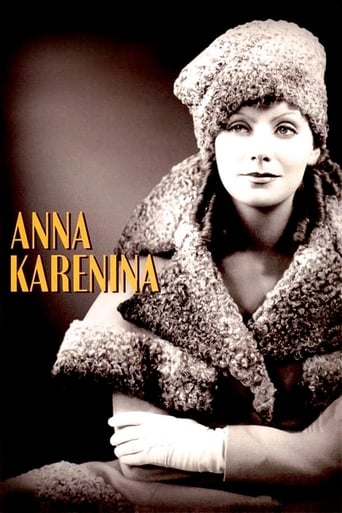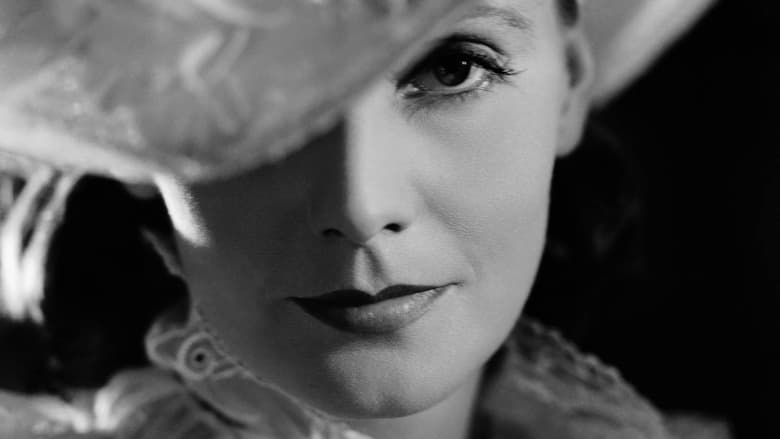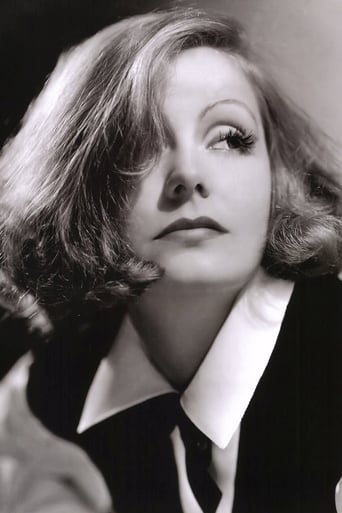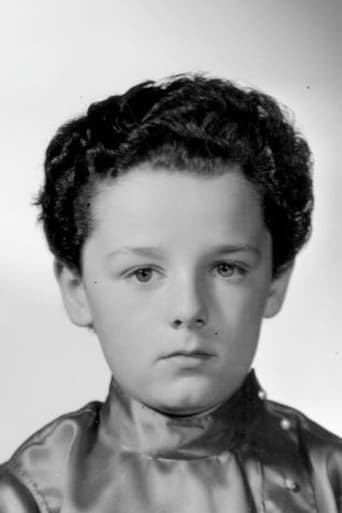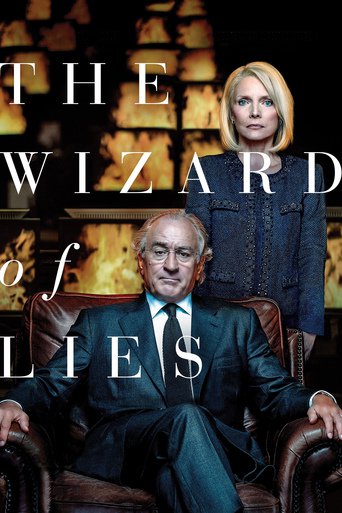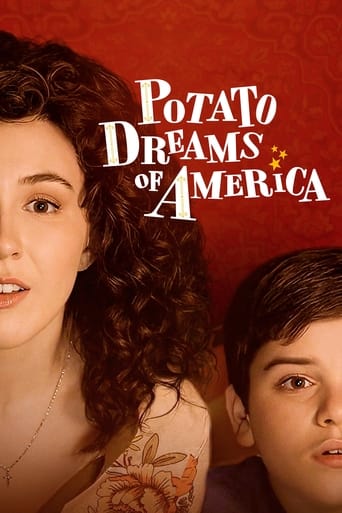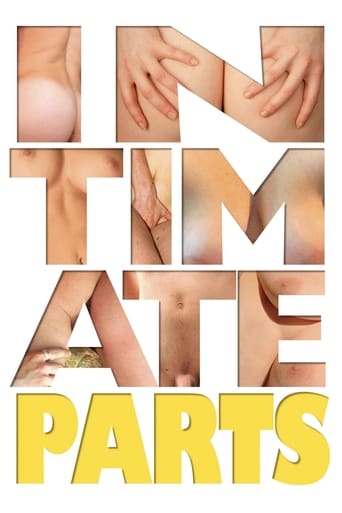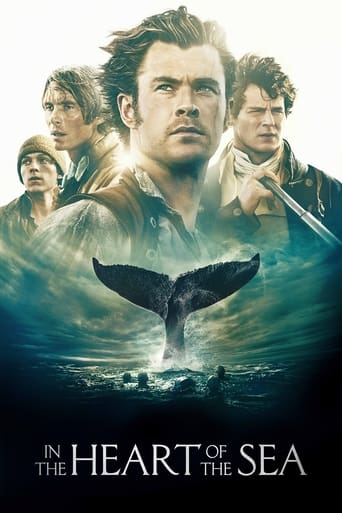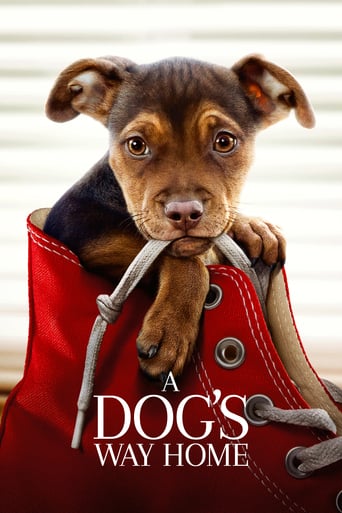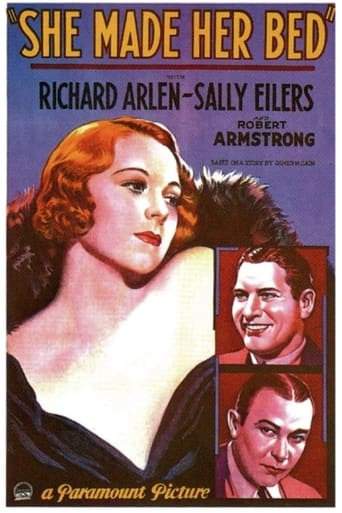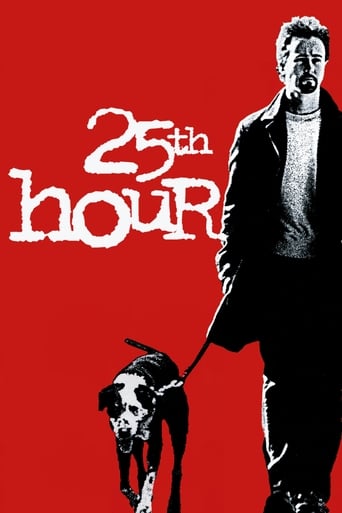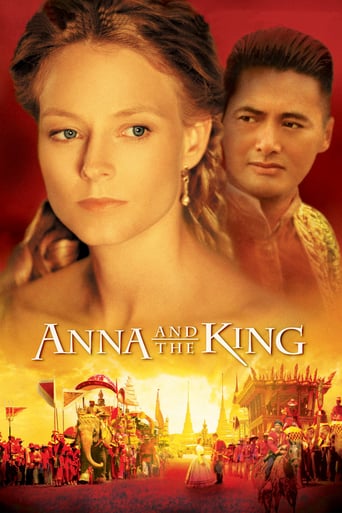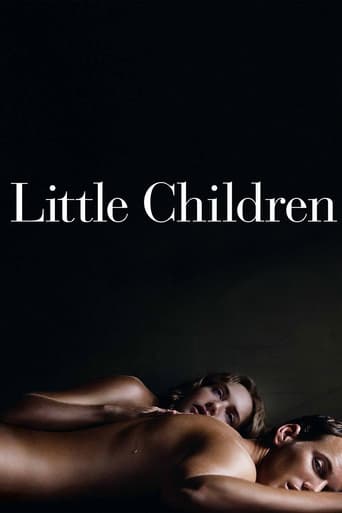Anna Karenina (1935)
In 19th century Russia a woman in a respectable marriage to a senior statesman must grapple with her love for a dashing soldier.
Watch Trailer
Cast


Similar titles
Reviews
In many ways, this first sound version of Anna Karenina looks to be a success. What it has: a huge MGM budget; Garbo in her prime; excellent cinematography; and some fine supporting actors like May Robson, Freddie Bartholomew, and Basil Rathbone. What it does not have: fidelity to Tolstoy's classic story; a willingness to subdue Garbo so that she is playing Anna instead of herself; and a tighter economy of scenes.Producer David Selznick, whom I usually respect, has added a lot of contemporary dialogue about how a man needs his work but should value his wife. There is a clumsy scene with Fredric March and his men at the beginning of the picture instead of focusing immediately on Anna, visiting Moscow by train. There is also a phony epilogue added at the end, after Anna's death. This is not Tolstoy, but it is Tolstoy according to Selznick.Also, Selznick has added scenes that feature Anna and her son, so as to beef up Bartholomew's part. This is in direct opposition to Tolstoy's story that takes pains to show just how restricted Anna is in getting to see her son one last time. But what does it matter, since Garbo has not really given herself to the part? It is merely an expensive exercise in vanity, instead of presenting the author's tragic heroine the way she was originally envisioned: a woman haunted by choice, consequence and fate.
There are many good reasons to watch this version of Anna; close fidelity to Tolstoy's masterpiece is not one of them, as in it's day, long adaptations were not the norm, and one cannot expect most of Anna Karenini in 95 minutes. There are numerous other versions out there in Movieland much more complete and detailed--but they lack the main ingredient.I would have paid full price to see this version for two main reasons: One, for the first ten minutes, a spectacular studio-recreation of a never-was military banquet with a dazzling tracking shot that seems to go on forever, studio forces marshaled to produce an extravagant opulence only from MGM! And then there's Garbo! One of the people watching this film with me was hushed and amazed later commenting that she had heard Garbo was beautiful but had no idea she was so incredibly ravishing--and she is, a perfect Anna in so many ways, with her largely blank, gorgeous features allowing other characters and the viewer to project their own fantasies onto her character. No one comes close.Beware the deadly tot actor Bartholomew, who was effective under Cukor's direction in David Copperfield, but here with Clarence Brown is unctuously sticky, a sweet kid Rathbone would have fried for breakfast; the latter is dryly caustic as Anna's inflexible mate, and Fredric March is serviceable as Vronsky. This version is all about Garbo.
In Imperial Russia, the aristocratic Anna Karenina (Greta Garbo) travels from Saint Petersburg to Moscow to visit her brother Stiva (Reginald Owen) and she meets the cavalry officer Vronsky (Fredric March), who came with Stiva to the train station to welcome his mother.After a family reunion where Anna Karenina has a conversation with her sister-in-law Dolly (Phoebe Foster) to help to save Stiva's marriage, Anna is invited to stay for the ball. Anna Karenina is courted by Vronsky, but she decides to return to Saint Petersburg to her loveless marriage because of her beloved son Sergei (Freddie Bartholomew). However Vronsky follows her and she introduces him to her husband Karenin (Basil Rathbone) at the train station. Vronsky woos her and soon they have a doomed love affair that will lead Anna Karenina to a tragic fate."Anna Karenina" (1935) is the first and the unforgettable version of Tolstoy's classic romance. Greta Garbor is perfect in the role of Anna Karenina, a beautiful and aristocratic married woman that falls in love with a man in a society repressive with the women's rights and feelings. The scene where her face appears in a cloud of steam is one of the most beautiful of the cinema history. The grandiosity and the camera work of the initial scene showing the officer's table and the ball are still very impressive. The heartbreak conclusion of a woman destroyed by her love is very sad. My vote is eight.Title (Brazil): "Anna Karenina"
I recorded a broadcast of this movie off of TCM and finally got around to watching it last night. The cast has many of the big names you associate with films from this era of Hollywood and while a technically proficient movie it left a lot to be desired. Garbo doesn't do much for me and casting her in the role of Anna is a bit of a stretch as I find it hard to believe she could win the attention of a dashing member of the Royal Guards. March isn't much better as her lover, as he looks very bloated. He's a lot more dashing in Anthony Adverse. Basil Rathbone gives a very strong performance as Anna's husband and comes across as both a good father, but a distant and unsympathetic husband. While I understand this movie is based on a famous novel, it surprises me that MGM would make such a depressing movie considering what was going on in the world at this time, Hollywood was definitely more upbeat during the 1930's. At the end of this movie, I couldn't help but think I was watching one of the many anti-hero movies which came out in the late 60's and 70's. I also found it disturbing that Fredric March's character got off so easy. At the very least he could have been a broken man, but instead he's lounging around with his buddy and having a few drinks.

